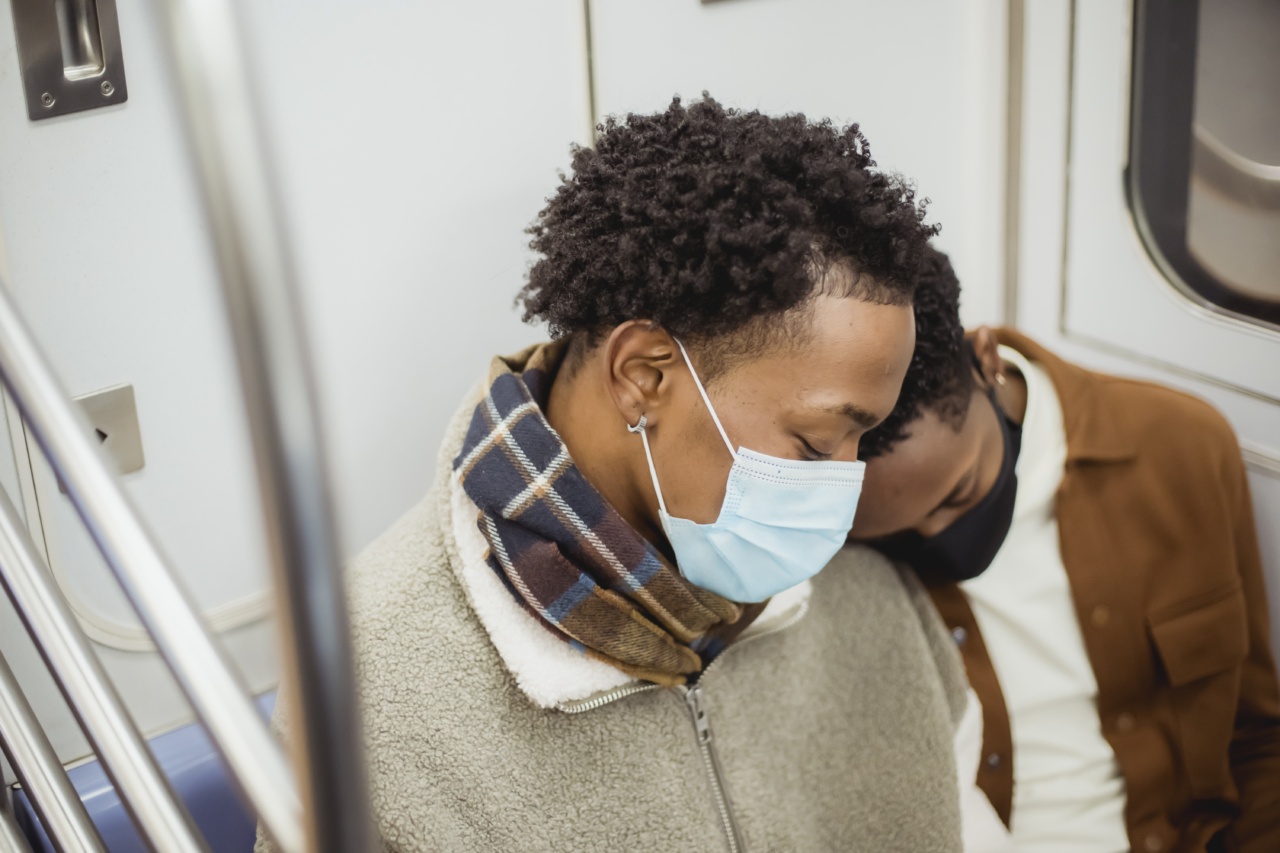As we age, many changes occur in our bodies, including shifts in our sleep patterns. It is not uncommon for older individuals to experience changes in their sleep needs and habits.
While some may find themselves sleeping less as they get older, it is important to understand the reasons behind these changes and how they can affect overall health and well-being.
Understanding the sleep-wake cycle
Before delving into the specific changes that occur with age, it is important to have a basic understanding of the sleep-wake cycle. The sleep-wake cycle is regulated by our internal biological clock, also known as the circadian rhythm.
This clock determines when we feel sleepy and when we feel awake.
Typically, the circadian rhythm follows a 24-hour cycle, synchronized with daylight and darkness. When it is dark, our bodies produce a hormone called melatonin, which helps us feel sleepy.
Conversely, during daylight hours, the production of melatonin decreases, making us more alert and awake.
Changes in sleep patterns with age
As we age, several factors can contribute to changes in our sleep patterns:.
1. Hormonal changes
Hormonal fluctuations, particularly in women going through menopause, can disrupt sleep patterns. Hot flashes and night sweats can cause discomfort and frequent awakenings during the night.
2. Chronic health conditions
Older individuals are more likely to develop chronic health conditions, such as arthritis, heart disease, and sleep apnea. These conditions can result in pain, discomfort, or difficulty breathing, which can interfere with sleep quality and duration.
3. Medications
Many medications commonly prescribed to older individuals can have side effects that affect sleep. Some medications can cause insomnia, frequent urination, or other sleep disruptions.
4. Changes in sleep architecture
As we age, our sleep architecture—the pattern and stages of sleep—changes. Older individuals may experience more fragmented sleep, with more frequent awakenings throughout the night.
This can lead to perceived sleeplessness, even if the total sleep time remains the same.
5. Reduced melatonin production
Studies have shown that melatonin production decreases with age. This reduced production can lead to difficulty falling asleep or staying asleep throughout the night.
6. Social and lifestyle factors
Changes in social and lifestyle factors can also influence sleep patterns as we age. Retirement, changes in daily routine, and increased free time can lead to alterations in sleep schedules and habits.
Additionally, older adults may consume more caffeine or alcohol, both of which can disrupt sleep patterns.
The effects of less sleep on older individuals
While it is normal for sleep patterns to change with age, consistently not getting enough sleep can have negative effects on overall health and well-being. Some potential consequences include:.
1. Daytime sleepiness
Lack of sufficient sleep can result in excessive daytime sleepiness, making it difficult to stay awake and alert throughout the day. This can increase the risk of accidents, particularly while driving or operating machinery.
2. Memory and cognitive decline
Research suggests that chronic sleep deprivation can lead to memory problems and cognitive decline, including difficulties with attention, concentration, and problem-solving skills.
3. Increased risk of chronic conditions
Poor sleep has been associated with a higher risk of developing chronic conditions such as obesity, diabetes, cardiovascular disease, and depression. Older individuals who consistently sleep less may be at a higher risk for these health issues.
4. Impaired immune function
Adequate sleep is crucial for a healthy immune system. Lack of sleep can weaken the immune system, making older individuals more susceptible to infections and illnesses.
Managing sleep changes in older age
Although it may be normal to sleep less as you age, there are ways to manage these changes and improve sleep quality:.
1. Establish a routine
Try to go to bed and wake up at the same time every day, even on weekends. A consistent sleep schedule can help regulate your body’s internal clock and promote better sleep.
2. Create a sleep-friendly environment
Make sure your bedroom is comfortable, quiet, and dark. Consider using earplugs, eye masks, or white noise machines to create an optimal sleep environment.
3. Practice good sleep hygiene
Engage in relaxation techniques before bed, such as reading, taking a warm bath, or practicing meditation. Avoid stimulating activities, electronics, and heavy meals close to bedtime.
4. Regular exercise
Engaging in regular exercise can promote better sleep. Just make sure to avoid exercising too close to bedtime, as it can agitate your body and make it harder to fall asleep.
5. Seek medical advice
If sleep problems persist or significantly impact your quality of life, consult with a healthcare professional. They can help identify any underlying health conditions or prescribe appropriate treatments.
Conclusion
While it is normal for sleep patterns to change as we age, consistently getting less sleep can have negative effects on health and well-being.
Understanding the factors contributing to these changes and implementing strategies to improve sleep quality can help older individuals maintain their overall health and vitality.































